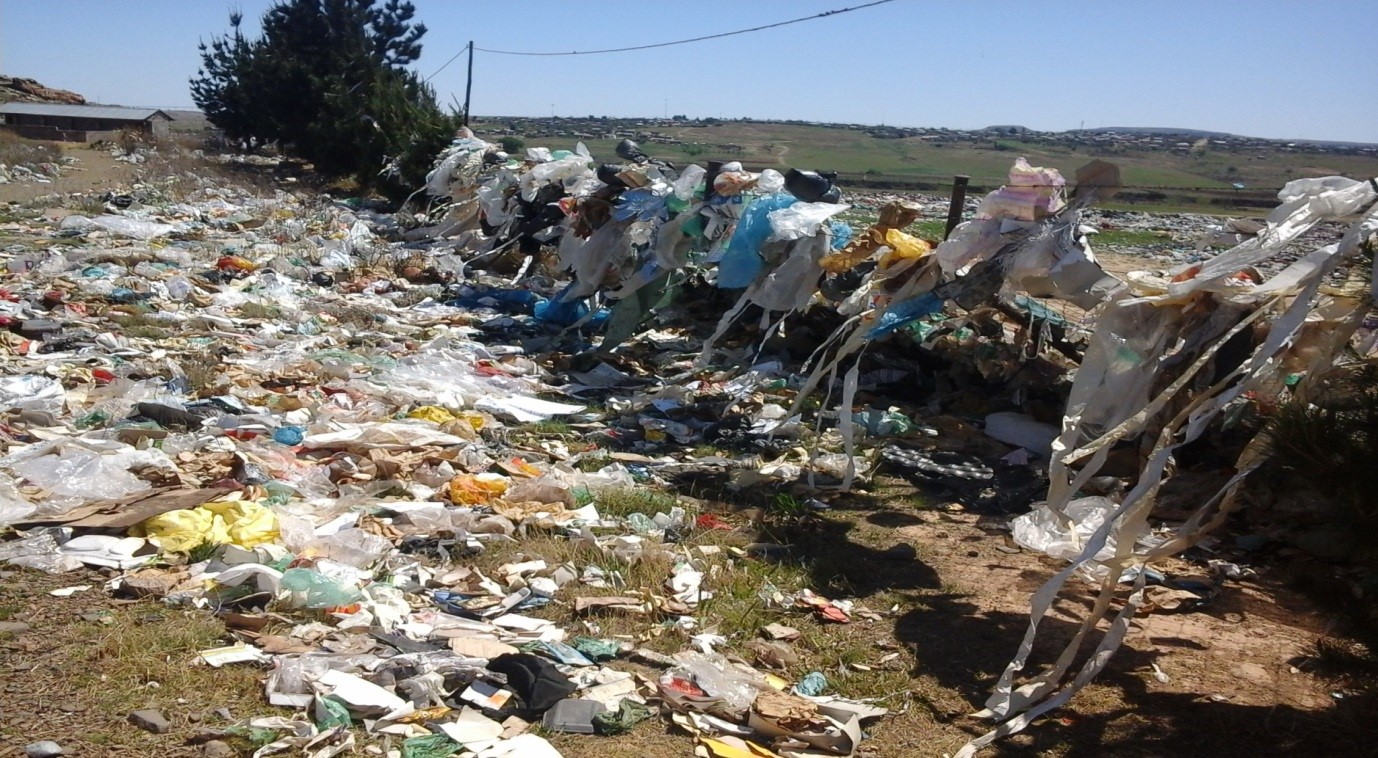Location: Maseru, Lesotho
Keywords:
"Waste management framework"
Waste generation in Lesotho follows patterns of human settlement and socio-economic development. This is linked to the generation of domestic, industrial, medical, agricultural, construction, education, electrical and electronic wastes. Data on the generation of waste continues to be scarce due to capacity. The government should improve waste management information systems in order to inform waste management processes.
Although Lesotho has relatively lower generation rates, it is significant enough to warrant a paradigm shift towards proper management of waste. Appropriate policies should be reviewed to address a broad range of environmental problems, toxic and hazardous substances, poor sanitation and waste management, air pollution and health care waste. There is a need for improved delivery of environmental services including development of strategy for waste, construction and management of landfills and promoting and supporting recycling. Lesotho should continue with her commitment in ensuring healthy and safe environment through proper waste management.
Over the years, Lesotho has shown considerable commitment in ensuring healthy and safe environment through proper waste management and therefore developed national policies and legal instruments that cover waste management and pollution control though not comprehensive enough. Policies such as the National Environment Policy 1998 address a broad range of environmental problems including; toxic and hazardous substances, poor sanitation and waste management, air pollution and health care waste. Relevant legal instruments are; Constitution of Lesotho 1993, Environment Act 2008, Local Government Act 2007, Hazardous Health Care Waste Management Regulations 2012, to mention a few. Lesotho is a party to several multilateral environmental agreements which address waste management issues as reflected in the Basel, Rotterdam, Stockholm, Minimata and Bamako Conventions.
Furthermore, the country has adopted some approaches that aim to manage waste effectively. Amongst others, the Integrated Solid Waste Management Plan (ISWMP) for Maseru city was developed in 2007. The initiative came as a result of the growing problems associated with solid waste management in the city. The plan was developed with the help of the United Nations Environment Program (UNEP) to address problems associated with waste management by recommending effective waste management methods with the view of protecting human health and the environment. It is comprised of the following five pillars:
• Capacity to prevent wasteful resource use at source
• Strong, diversified and appropriate collection system
• A healthy recycling industry
• An environmentally safe disposal site
• Education and awareness.
Certain pillars of the plan are being implemented by Maseru City Council and have realised opportunities involved in waste management and recognized waste as a resource. Waste can offer social and economic benefits such as job creation through recycling, collection and separation of waste. Thus, reducing the contamination of recyclable waste can increase the commercial re-use value of the segregated waste materials. On the other hand, mixed waste can be costly to manage and hazardous to handlers.
Reducing waste or diverting it away from disposal sites increases the lifespan of such sites and ultimately reduces other related management costs. It should be noted that there are no recycling facilities in the country. However, there are several waste reclaimers who collect, separate and either sell recyclables locally or transport them for sale to recycling companies in the Republic of South Africa (RSA).
